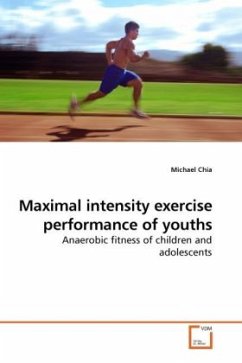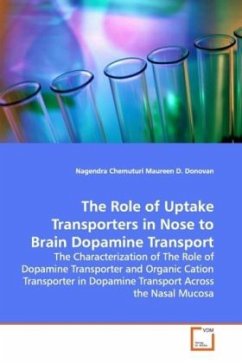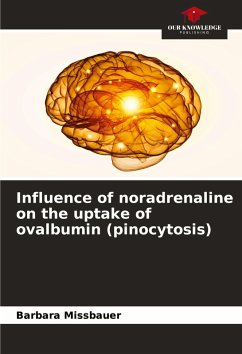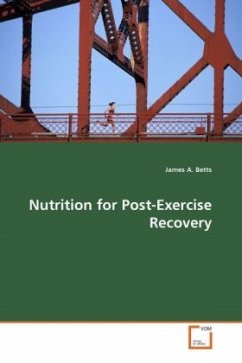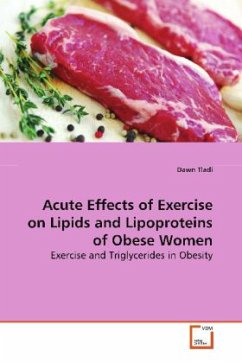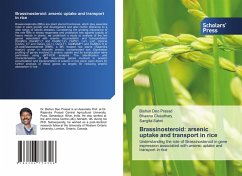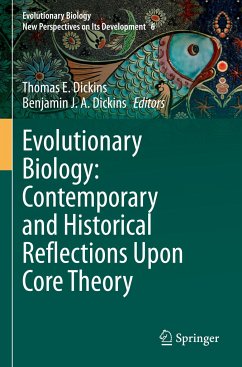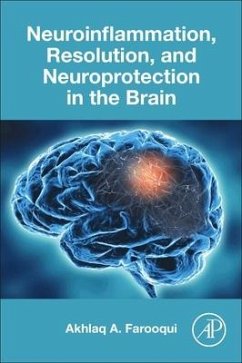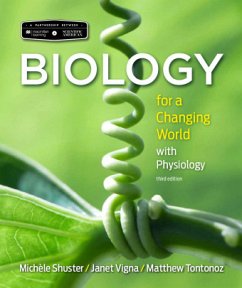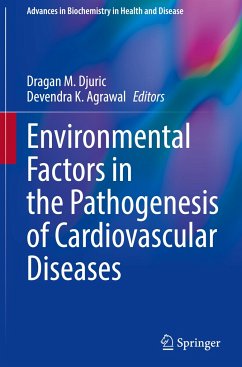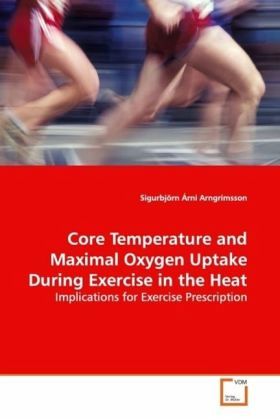
Core Temperature and Maximal Oxygen Uptake During Exercise in the Heat
Implications for Exercise Prescription
Versandkostenfrei!
Versandfertig in 6-10 Tagen
39,99 €
inkl. MwSt.

PAYBACK Punkte
20 °P sammeln!
This work measured maximal oxygen uptake (VO2max) andcore temperature (TC) at exhaustion, and oxygenuptake and heart rate during submaximal exercise in22 runners under 7 conditions. The conditions were:1) 25 degrees C (dC), no preheating; 2-4 and 6) 25,35, 40, and 45 dC, with preheating by a 20-min walk;5) 45 dC, no preheating; and 7) 45 dC, with passivepreheating raising TC to the same degree as at theend of the 20-min walk in Condition 6. Compared tothe Condition 1, VO2max was reduced 3-9% underConditions 2-5 when TC at VO2max was below theapparent critical TC, but was reduced 17-19% underCo...
This work measured maximal oxygen uptake (VO2max) and
core temperature (TC) at exhaustion, and oxygen
uptake and heart rate during submaximal exercise in
22 runners under 7 conditions. The conditions were:
1) 25 degrees C (dC), no preheating; 2-4 and 6) 25,
35, 40, and 45 dC, with preheating by a 20-min walk;
5) 45 dC, no preheating; and 7) 45 dC, with passive
preheating raising TC to the same degree as at the
end of the 20-min walk in Condition 6. Compared to
the Condition 1, VO2max was reduced 3-9% under
Conditions 2-5 when TC at VO2max was below the
apparent critical TC, but was reduced 17-19% under
Conditions 6-7 when a critical TC appeared to have
been attained. Heart rate and relative metabolic
intensity (%VO2max) during submaximal exercise
increased in an identical fashion in the heat, and
the elevations in heart rate were significantly
related to the reductions in VO2max (r = 0.79). It
was concluded that large reductions in VO2max in
uncompensable heat stress are associated with
attainment of a critical TC. Elevation in heart rate
during submaximal exercise in the heat is
proportional to reduced VO2max, and not indicative of
dissociation between heart rate and %VO2max.
core temperature (TC) at exhaustion, and oxygen
uptake and heart rate during submaximal exercise in
22 runners under 7 conditions. The conditions were:
1) 25 degrees C (dC), no preheating; 2-4 and 6) 25,
35, 40, and 45 dC, with preheating by a 20-min walk;
5) 45 dC, no preheating; and 7) 45 dC, with passive
preheating raising TC to the same degree as at the
end of the 20-min walk in Condition 6. Compared to
the Condition 1, VO2max was reduced 3-9% under
Conditions 2-5 when TC at VO2max was below the
apparent critical TC, but was reduced 17-19% under
Conditions 6-7 when a critical TC appeared to have
been attained. Heart rate and relative metabolic
intensity (%VO2max) during submaximal exercise
increased in an identical fashion in the heat, and
the elevations in heart rate were significantly
related to the reductions in VO2max (r = 0.79). It
was concluded that large reductions in VO2max in
uncompensable heat stress are associated with
attainment of a critical TC. Elevation in heart rate
during submaximal exercise in the heat is
proportional to reduced VO2max, and not indicative of
dissociation between heart rate and %VO2max.



